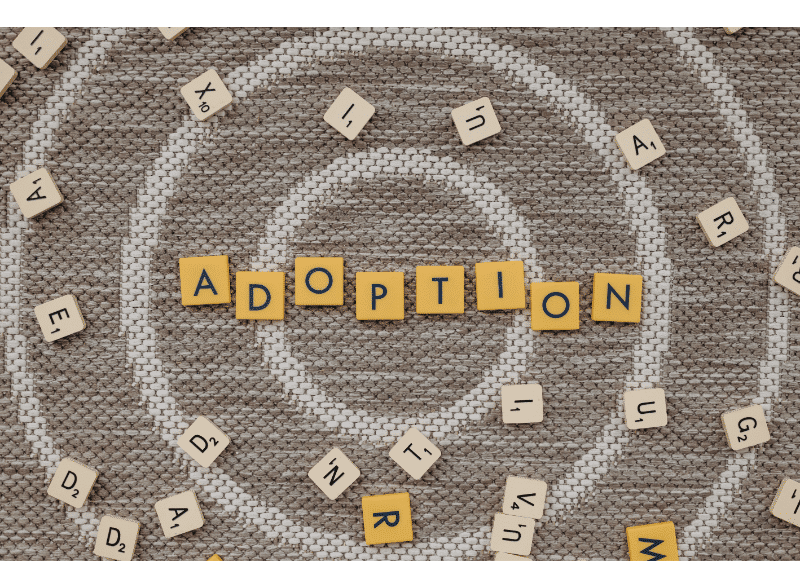
Autism Conference Talk: An Educators’ Guide to Autism and Gender Dysphoria
Join Dr Kate Cooper for a deep dive into the intersection of autism and gender dysphoria. Watch this webinar for an understanding of how challenges with communication, dealing with change, and identity can affect an autistic young person experiencing gender dysphoria. There are lots of practical tips for support: how to approach this with kindness and curiosity, and how to empower parents in helping their children.










